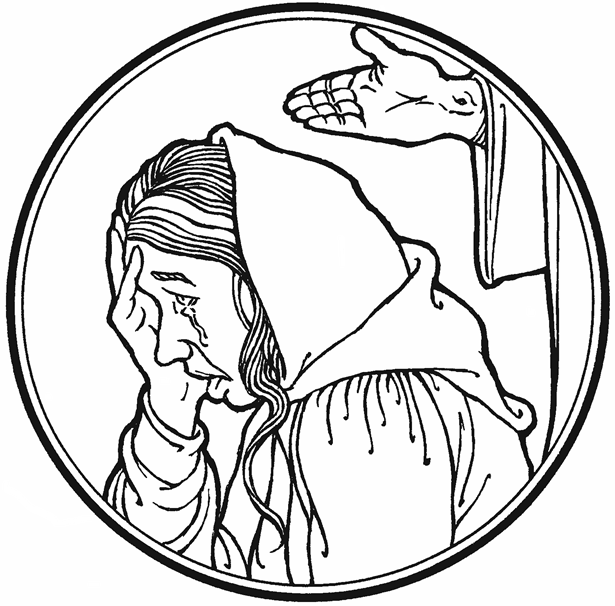Tag: John 20:1-18
-

The Resurrection of Our Lord (Sunrise)
Readings: Isaiah 25:6-9 | 1 Corinthians 15:1-11 | John 20:1-18 Text: John 20:1-18 Alleluia! Christ is risen! He is risen indeed! Alleluia! No doubt you’ve seen it for a few weeks now. Easter sales, Easter dresses, Easter candy, Easter lilies. If you didn’t know better, you might think Easter is just another holiday with its…
-
The Resurrection of Our Lord (Sunrise)
Readings: Isaiah 25:6–9 | 1 Corinthians 15:12–25 | John 20:1–18 Text: John 20:1-18 Alleluia! Christ is risen! In the Name + of Jesus. Amen. The last we heard from St. John, he and St. Mary Magdalene were standing at the foot of the cross. He testified truly that His Lord had died and the spear…
-
Sunrise of the Resurrection of Our Lord
Readings: Exodus 15:1-11 | 1 Corinthians 5:6b-8 | John 20:1-18 Text: John 20:1-18 Mary came early to the tomb of Jesus, similar to how we have gathered much earlier than normal for worship this morning. She was intent to do for her Lord what they had not time for when He died. She was prepared…
-
Easter Dawn (John 20:1-18)
Bethlehem Lutheran Church, Lebanon, OR Easter Dawn + April 21, 2019 Text: John 20:1-18 MARY MAGDALENE COMES TO THE GRAVEYARD TO WEEP, BUT THE LORD HALLOWS THE GRAVE AND FILLS IT WITH NEW HOPE. When you wake up, you usually come up with a plan of what to expect that day. Mary was expecting to…
-
Easter Sunrise (John 20:1-18)
Bethlehem Lutheran Church, Lebanon, OR Easter Sunrise + April 1, 2018 Text: John 20:1-18 Sermon from Rev. David Juhl, adapted With glad hearts raised to God, we say Alleluia! Christ is risen! He is risen, indeed! Alleluia! It takes a special breed to be a morning person. Not everyone can get up before the…
-
The Resurrection of Our Lord (Sunrise) (John 20:1-18)
Bethlehem Lutheran Church, Lebanon, OR The Resurrection of Our Lord (Sunrise) + April 16, 2017 Text: John 20:1-18 Alleluia! Christ is risen! He is risen indeed! Alleluia! No doubt you’ve seen it for a few weeks now. Easter sales, Easter dresses, Easter candy, Easter lilies. If you didn’t know better, you might think Easter…